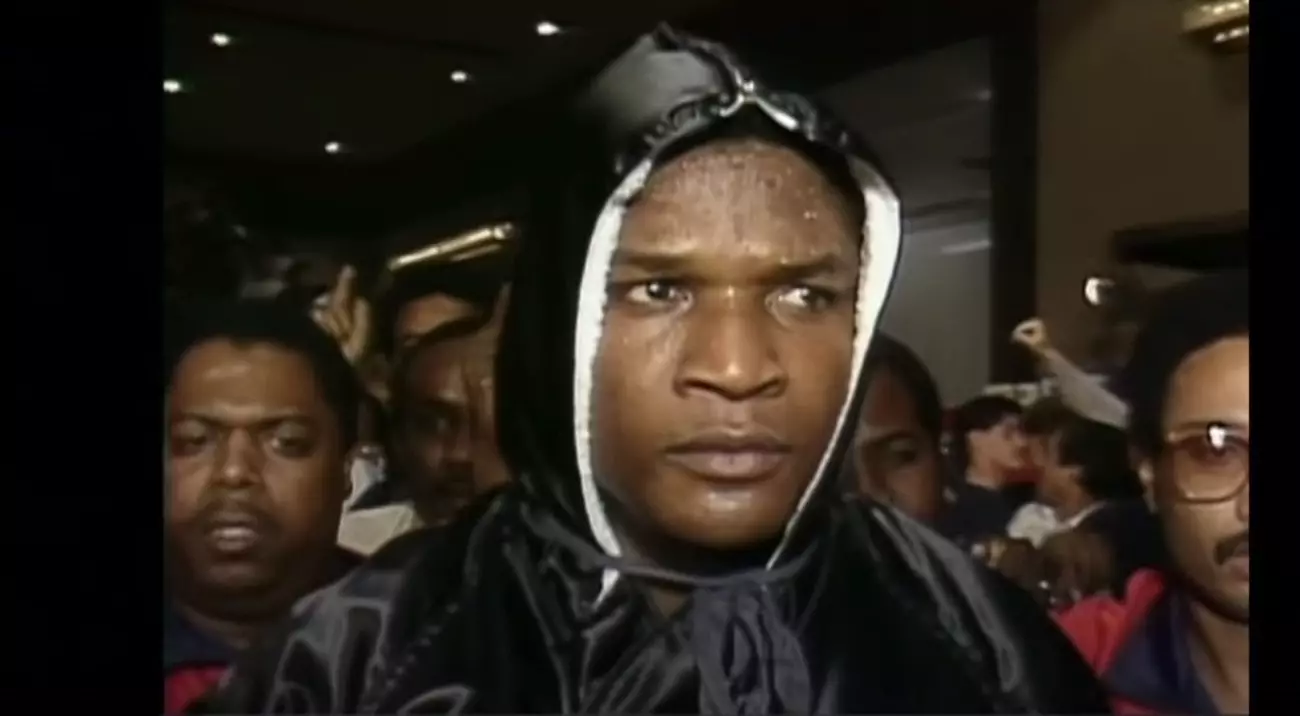In the realm of boxing, certain moments crystallize into history, forever etched in the minds of fans and analysts alike. One such moment occurred nearly four decades ago when a young Mike Tyson faced Trevor Berbick for the WBC heavyweight title. On this day, Tyson solidified his place in boxing history not just as a champion, but as a phenomenon. At the tender age of 20, Tyson exhibited a raw, unrefined ferocity that would render him a living legend. His ability to blend power, speed, and technique made him a nightmarish opponent, and the fight against Berbick was a horrifying demonstration of this deadly combination.
The Fight: A Dreadful Dismantling
The contest was marked by a staggering display of Tyson’s power. Berbick entered the ring with a reputation, but Tyson swiftly reduced him to a mere contender in a chilling display of dominance. With his unyielding resolve, Tyson sent Berbick to the canvas three times, each time with the same left hook that underscored Tyson’s incredible precision and power. The transition from champion to victim felt surreal, almost unnatural, as Berbick struggled to regain his footing, his senses momentarily lost in the chaos of Tyson’s assault. Fans watching the bout could not help but feel a mixture of exhilaration and trepidation as they witnessed the downfall of a seasoned fighter at the hands of a precocious young talent.
Immediately after the fight, Tyson’s words to promoter Jim Jacobs reflected a deep-rooted respect for his mentor, Cus D’Amato. Tyson’s inquiry about whether D’Amato would have approved demonstrated an introspective side to the fighter, a moment of vulnerability amid unprecedented triumph. Yet, Tyson also expressed lofty ambitions, declaring intentions to not only be the youngest champion but to become the oldest heavyweight champion as well. However, this proclamation, laden with youthful bravado, would ultimately serve as a bittersweet premonition of future challenges that lay ahead.
The Short-Lived Reign of Terror
Despite this exhilarating victory and Tyson’s surge through the heavyweight ranks, the narrative of his career would soon shift. The explosive nature of Tyson’s early success contrasted starkly with the protracted struggles that followed. While he devoured opponents like Michael Spinks and Tony Tucker with alarming efficiency, the glimpses of vulnerability crept in. Moments of boredom and disinterest became evident, leading to an unusual hiatus that starkly juxtaposed the intensity of his previous bouts. Tyson’s reign was like a comet—brilliant but short-lived, illuminating the heavyweight division in a blaze of glory that could not endure.
The most jarring moment in Tyson’s career came unexpectedly in February 1990. Defeated by Buster Douglas in what many deemed an impossible upset, Tyson shattered the perception of invincibility that had surrounded him since the Berbick fight. What was once an unassailable fortress began to show signs of cracks as Tyson became increasingly hittable, raising questions about his discipline and mental state. The loss to Douglas serves as a potent reminder of how quickly fortunes can change in, not just boxing, but in life itself.
Looking back, Tyson’s victory over Berbick remains an iconic moment cherished by boxing enthusiasts worldwide. Despite the subsequent tumult of his career, this single fight encapsulates the essence of Mike Tyson—a force of nature that captivated an audience, evoking awe and fear in equal measure. In recent years, as Tyson’s legacy has undergone a reassessment, many fans continue to celebrate that unforgettable night when he turned Trevor Berbick into an unwilling spectator. Tyson’s power and presence in the ring continue to resonate, reminding us that greatness, however fleeting, can indeed be eternal.

